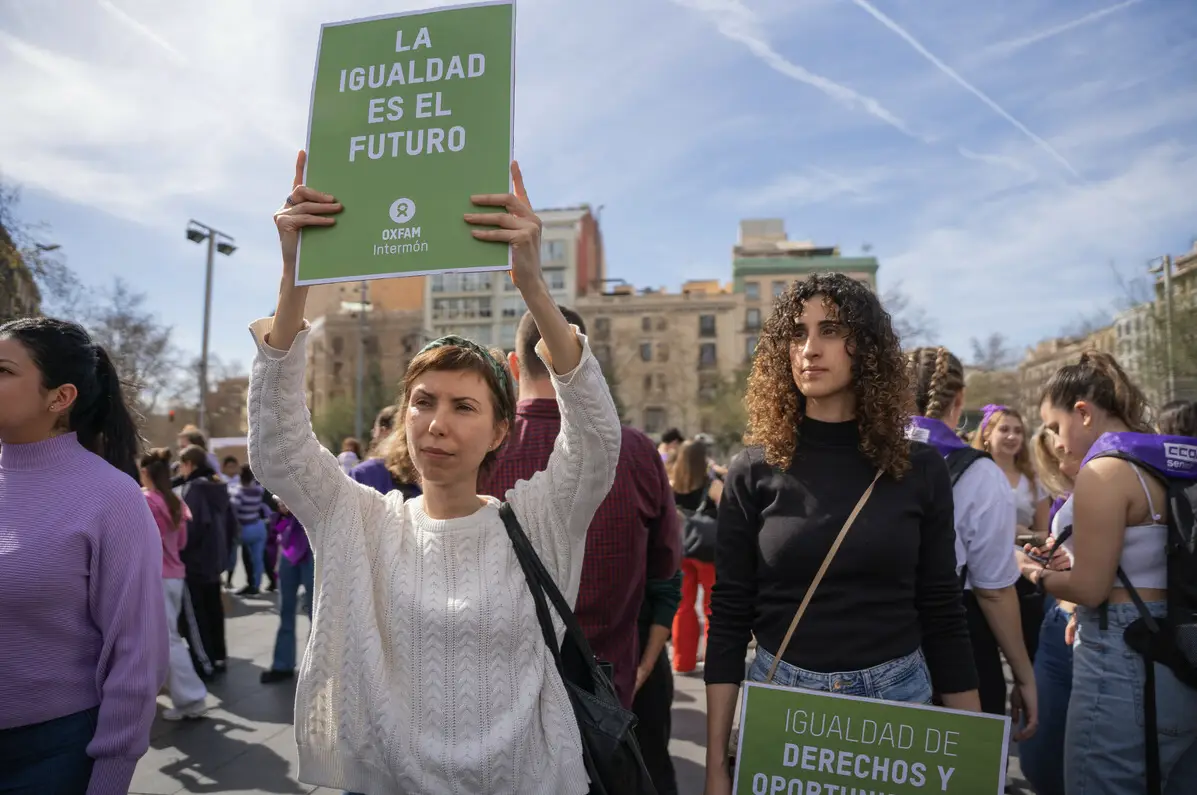A recently published report by ECLAC and UN Women offers a clear—and troubling—snapshot of the current state of gender equality in Latin America and the Caribbean. Titled “The 2030 Agenda for Sustainable Development and the Regional Gender Agenda in Latin America and the Caribbean: Gender Indicators for 2024,” the document confronts us with an inescapable reality: progress toward gender equality remains insufficient, uneven, and in many cases, stagnant.
The 2030 Agenda, signed in 2015 by 193 UN member states, established 17 Sustainable Development Goals (SDGs), among them SDG 5, which is dedicated to achieving gender equality and empowering all women and girls. Far from being a lofty ideal, this goal is deeply rooted in the principles of the Universal Declaration of Human Rights. Achieving it means not only closing legal and cultural gaps, but also ensuring that half the world’s population can fully realize its potential, contribute to economic development, and live lives free from violence and discrimination.
However, according to the report, we are far from reaching that goal. Most of the indicators analyzed show slow progress, and some are even moving in the wrong direction. The measures implemented to reduce gender-based violence, eradicate child marriage, increase women’s participation in leadership roles, and improve access to technology remain insufficient. At this pace, achieving SDG 5 by 2030 seems like an unattainable goal.
Particularly alarming is the state of legal frameworks. In several Latin American countries, legislation still fails to provide adequate guarantees to protect women in both public and private life. The lack of clear laws—or the failure to enforce existing ones—perpetuates an environment in which violence, workplace discrimination, and inequality in the home remain widespread.
Moreover, in certain areas, the data provided by countries is too limited to assess whether progress has been made. Topics such as the burden of unpaid care work, sexual and reproductive rights, and access to land ownership remain invisible in many countries across the region. This not only hampers diagnosis, but also obstructs effective action.
The report also highlights four structural barriers that perpetuate gender inequality: persistent socioeconomic inequality, patriarchal cultural norms, the unfair organization of care work, and the concentration of power in the hands of a few. These factors not only reinforce the exclusion of women, but also hinder the progress of our societies as a whole.
Gender inequality is not a problem that affects only women: it is a roadblock to sustainable development. When women are denied equal access to job opportunities, when they are disproportionately burdened with care responsibilities, when they are excluded from political or business decision-making spaces, economies lose talent, democracies are weakened, and the social fabric is strained.
Given this reality, there is an urgent need to rethink our development model. We must move toward what the report calls “a care society,” in which domestic and care responsibilities are fairly distributed among men, women, the state, and the market. A society that not only recognizes the value of this labor, but incorporates it as an essential part of collective well-being.
Additionally, more robust legal frameworks are needed, along with gender-responsive budgeting and public policies that truly aim to transform the structural conditions of inequality. Gender equality cannot rely solely on individual will—it requires firm political decisions, sustained resources, and, above all, a deep cultural transformation.
Amid so many statistics and diagnoses, we sometimes risk losing sight of what truly matters: gender equality is not just a technical goal or a box to be checked. It is an ethical imperative aimed at building more just, inclusive, and humane societies. In Latin America, we still have a long road ahead. But if this report teaches us anything, it’s that we cannot afford to keep postponing that journey.
*Machine translation proofread by Janaína da Silva.












